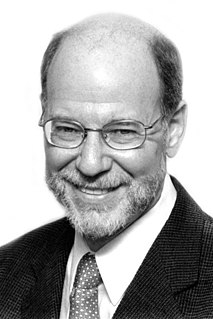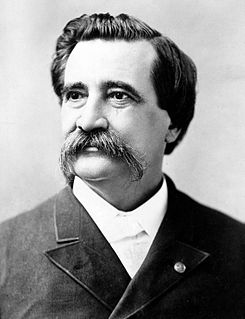A Quote by Herbert Spencer
Those who have never entered upon scientific pursuits know not a tithe of the poetry by which they are surrounded.
Quote Topics
Related Quotes
... those who have never entered upon scientific pursuits know not a tithe of the poetry by which they are surrounded... Sad, indeed, is it to see how men occupy themselves with trivialities, and are indifferent to the grandest phenomena - care not to understand the architecture of the heavens, but are deeply interested in some contemptible controversy about the intrigues of Mary Queen of Scots!
D'Alembert was always surrounded by controversy. ... he was the lightning rod which drew sparks from all the foes of the philosophes. ... Unfortunately he carried this... pugnacity into his scientific research and once he had entered a controversy, he argued his cause with vigour and stubbornness. He closed his mind to the possibility that he might be wrong.
As individuals die every moment, how insensitive and fabricated a love it is to set aside a day from selfish routine in prideful, patriotic commemoration of tragedy. Just as God is provoked by those who tithe simply because they feel that they must tithe, I am provoked by those who commemorate simply because they feel that they must commemorate.
The quality of light by which we scrutinize our lives has direct bearing upon the product which we live, and upon the changes which we hope to bring about through those lives. It is within this light that we form those ideas by which we pursue our magic and make it realized. This is poetry as illumination, for it is through poetry that we give name to those ideas which are, until the poem, nameless and formless-about to be birthed, but already felt.
There is such a difference between the pursuits of men in great cities that one part of the inhabitants lives to little other purpose than to wonder at the rest. Some have hopes and fears, wishes and aversions, which never enter into the thoughts of others, and inquiry is laboriously exerted to gain that which those who possess it are ready to throw away.
What struck me most in England was the perception that only those works which have a practical tendency awake attention and command respect, while the purely scientific, which possess far greater merit are almost unknown. And yet the latter are the proper source from which the others flow. Practice alone can never lead to the discovery of a truth or a principle. In Germany it is quite the contrary. Here in the eyes of scientific men no value, or at least but a trifling one, is placed upon the practical results. The enrichment of science is alone considered worthy attention.
That's one of those questions that would just love to have a pat answer. You know, poetry's job is to make us feel good. Poetry exists to allow us to express our innermost feelings. There isn't one role for poetry in society. There are many roles for poetry. I wrote a poem to seduce my wife. I wrote a poem when I asked her to marry me. Poetry got me laid. Poetry got me married.








































